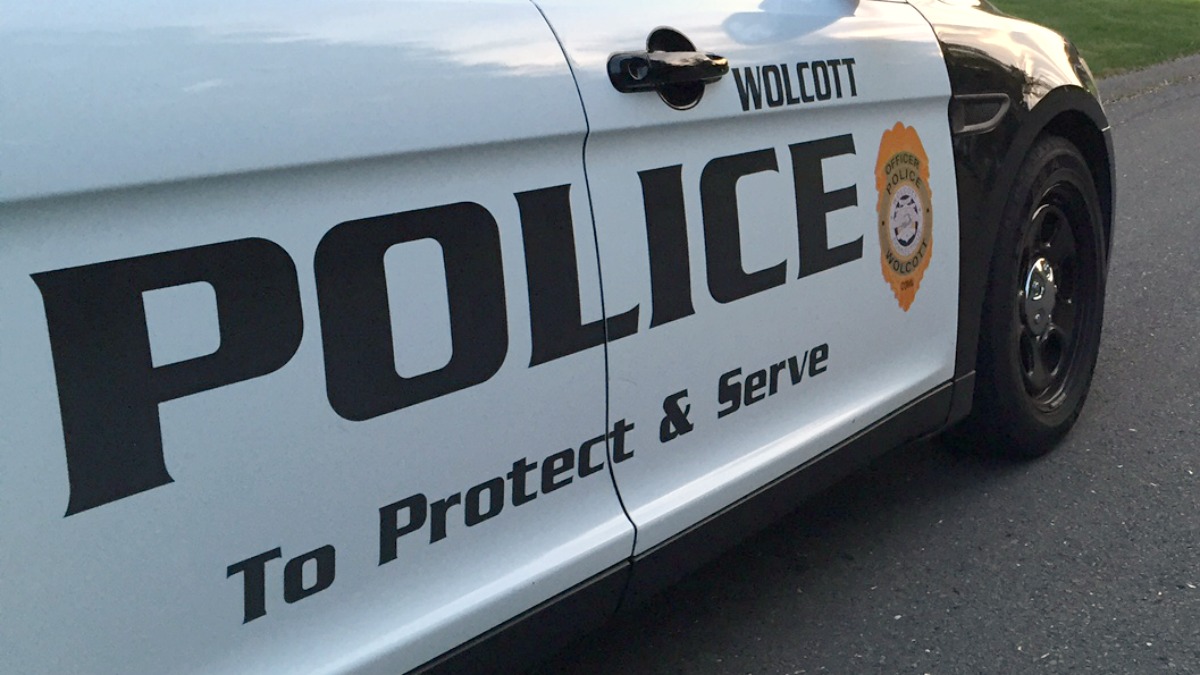Almost every year the state gives less money to cities and towns for property they are unable to tax. But municipal officials are hopeful a bipartisan proposal may bring relief.
“For New Haven roughly 60% of our property is non-taxable. And so that means that New Haven residents and business owners who own 40% of the property in the city have to pay 100% of the taxes,” New Haven Mayor Justin Elicker said.
Elicker, a Democrat, said his city is running a $66 million deficit because of the state’s system of taxation and how state funding is currently redistributed.

“In Connecticut nearly 90% of municipal revenues come from the local property tax and so that puts an incredible burden on New Haven residents and many of our counterparts across the state,” Elicker said.
Most of this non-taxable property like private colleges and hospitals is located in cities like New Haven, Hartford, and Bridgeport.
Senate President Martin Looney wants the state to dedicate $114 million in state funds to increase payments to cities and towns for this non-taxable property.
Local
The proposal has Republican support but that support is contingent on how the state decides to pay for it.
“Raising taxes is a very difficult conversation as you well know and certainly for any municipality the greater the property tax burden, no matter what the reason, makes that community less affordable,” Darien First Selectwoman Jayme Stevenson said.
Stevenson, a Republican, said she’s encouraged that this increase can be done without increasing any taxes.
Republicans oppose a "mansion tax" in order to pay for an increase in funding for non-taxable property.
“I do support the concept and I want to be a team player understanding the challenges in our urban centers, but we can’t ignore the fact we have to find the right revenue source,“ Stevenson said.
North Haven First Selectman Mike Freda said Looney has been great in identifying multiple revenue streams, none of which are directly linked to this concept.
“In the end I’m sure we’ll see what the revenue stream will be but for the purposes of today we support the concept that’s been laid out,” Freda said.
Elicker said if the state does nothing: “I have to raise taxes. So I think we have to think about the entire picture of what the burden on Connecticut residents is and not just the fact that the state may or may not raise taxes, but municipalities because of the system that exists that’s incredibly inequitable will be required to raise taxes.”



